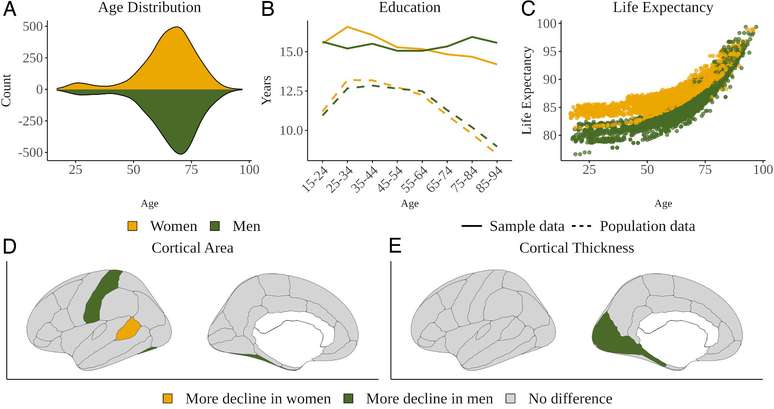The number of women who decide to get pregnant after the age of 35 is growing; understand the challenges, treatment and benefits of so-called late pregnancy
Having children after 35 is no longer an exception and has become an increasingly common choice among Brazilian women. Reasons such as emotional maturity, financial stability and the desire to experience motherhood in a more conscious way have led many to postpone pregnancy.
According to IBGE data, the number of women who had children after the age of 40 grew by 65.7% in 12 years, from 64 thousand in 2010 to 106 thousand in 2022. This increase reflects a cultural change: women are giving priority to self-care, mental health and life planning before motherhood.
Late pregnancy: what happens to the body
From a medical point of view, pregnancy is considered late when it occurs after the age of 35. In this phase there is a natural reduction in ovarian reserve and a decrease in the quality of the eggs, factors that can make conception difficult and increase the risk of genetic alterations.
Nonetheless, many women manage to get pregnant healthily, as long as they undergo regular medical monitoring, maintain balanced habits and undergo rigorous prenatal care. Specialized monitoring is essential to prevent complications such as gestational hypertension and diabetes during pregnancy.
Myths and truths about how to get pregnant later
The increase in pregnancies after the age of 35 has also brought to light doubts and popular beliefs. Find out what myth is and what is true:
1. “Every pregnancy after age 35 is high risk”: MYTH
Although the risk is greater, with adequate monitoring it is possible to have a peaceful and healthy pregnancy.
2. “Fertility declines with age”: TRUE
Ovarian reserve and egg quality naturally decrease, which can reduce your chances of pregnancy.
3. “Children of older mothers will always have health problems”: MYTH
Tests such as NIPT (non-invasive prenatal testing) help detect any changes early and a healthy lifestyle contributes to the development of the child.
4. “Late pregnancy requires extra care”: TRUTH
The SUS offers priority monitoring to pregnant women over 35, with specific tests and consultations.
5. “Older women can’t get pregnant naturally”: MYTH
Many can! Although the chances are lower, it is still possible to get pregnant naturally after the age of 35, especially if you follow gynecological checks and healthy habits.
The numbers reveal a landscape of increased reproductive awareness and planning, in which women take the initiative in their decisions and seek reliable guidance to experience motherhood safely, now or in the future.
Source: Terra
Ben Stock is a lifestyle journalist and author at Gossipify. He writes about topics such as health, wellness, travel, food and home decor. He provides practical advice and inspiration to improve well-being, keeps readers up to date with latest lifestyle news and trends, known for his engaging writing style, in-depth analysis and unique perspectives.









